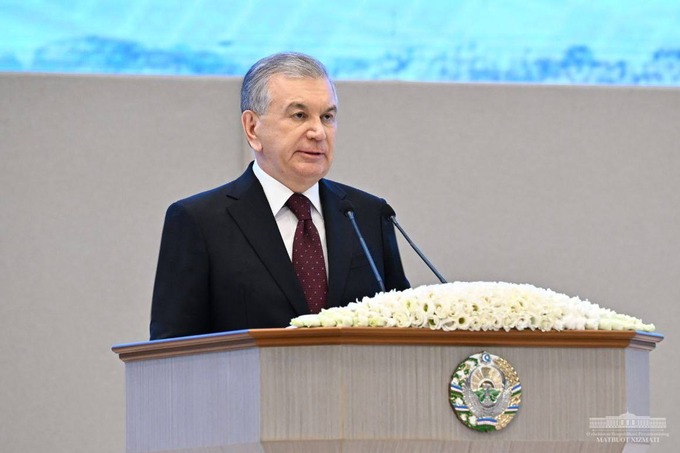Tomorrow, on February 2, Tashkent will host the high-level Uzbek-Afghan-Pakistani talks with the participation of heads of key international financial institutions over the implementation of the Mazar-i-Sharif-Kabul-Peshawar railway project.
The Uzbekistan delegation will be headed by the Deputy PM/Minister of Investments and Foreign Trade Sardor Umurzakov, Afghanistan - by the Foreign Minister Hanif Atmar, Pakistan - by the Adviser to Prime Minister Abdul Razak Dawood, Dunyo said in a statement.
“The meeting will become a follow-up of a series of high-level negotiations and, following which on December 29, 2020, the leaders of Uzbekistan, Afghanistan, Pakistan sent a joint request to international financial institutions with a proposal to support the project for the construction of the Mazar-i-Sharif-Kabul-Peshawar railway, the statement added says.
The leadership of the World Bank, Asian Development Bank, European Bank for Reconstruction and Development, European Investment Bank, Islamic Development Bank, Asian Infrastructure Investment Bank, International Development Finance Corporation (USA) reportedly expressed high interest in the joint implementation of the project.
The Central Asia and Afghanistan do not have direct access to international seaports. In this regard, they incur significant transport and transit costs, which are 2-3 times higher than similar costs for countries with access to sea. This problem was especially urgent during the COVID-19 pandemic, which imposed significant restrictions on international cargo transportation.
Under these conditions, the construction of the Mazar-i-Sharif-Kabul-Peshawar railway will significantly reduce the time and cost of transporting goods between the countries of South Asia and Europe through Central Asia.
Thus, the new Trans-Afghan railway, providing access to the Pakistani seaports of Karachi, Qasem and Gwadar, will help to radically increase the Central Asia’s transit potential, attract significant cargo flows, and revive the region's historical role as a bridge connecting Europe and Asia with the shortest land route.
The project will also facilitate peace and stability in Afghanistan, stimulating its economic growth by creating tens of thousands of new jobs and creating conditions for the development of rich reserves of minerals (copper, tin, zinc, iron ore, marble, granite , travertine and others) along the route of the railway.
One of the expected outcomes of the upcoming multilateral negotiations in Tashkent is a joint action plan for the construction of the Mazar-i-Sharif-Kabul-Peshawar railway, which provides for the organization of a joint international expedition to trace the route of the future railway, conduct geodetic, hydrogeological and topographic studies.
The parties will also discuss the project’s preliminary feasibility study, mechanisms for financing pre-project research and the earliest possible launch of the project.













